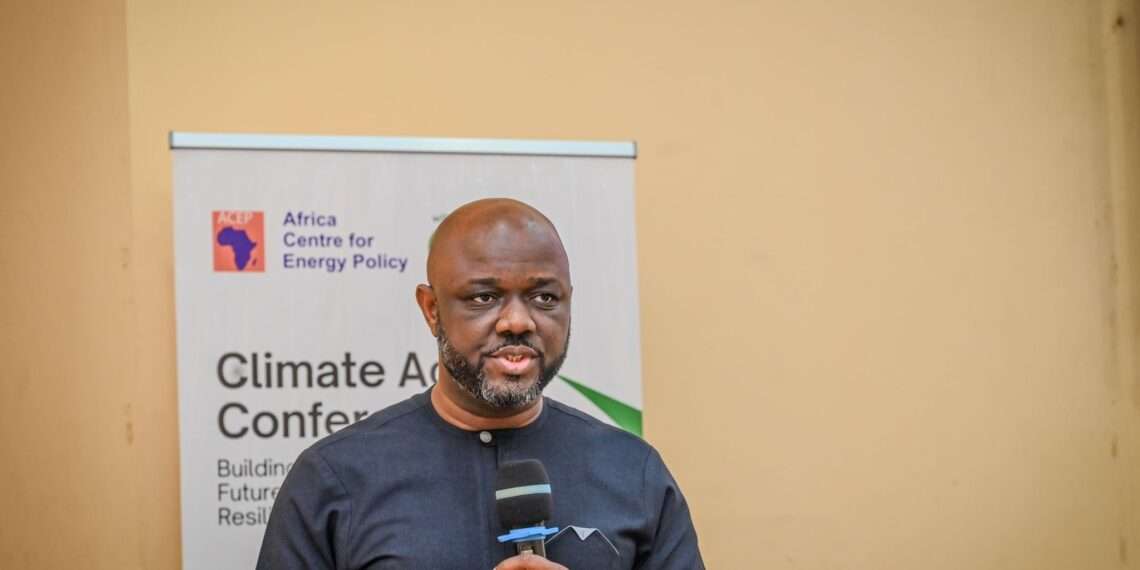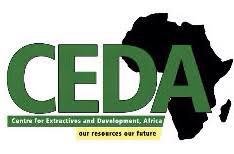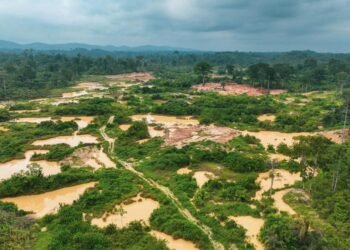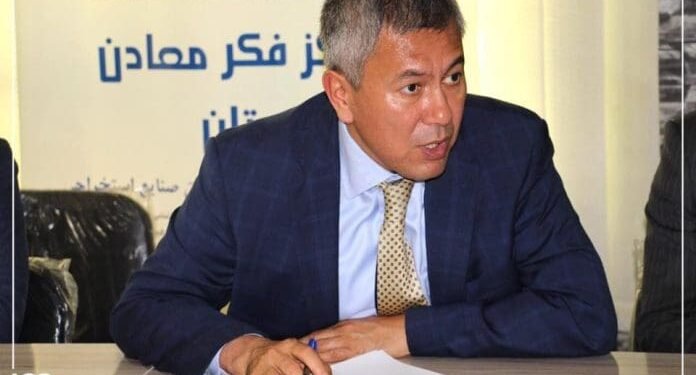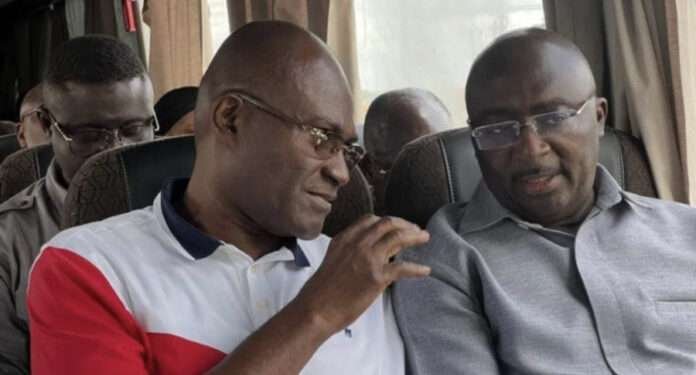The Africa Centre for Energy Policy (ACEP) has voiced strong concerns regarding the Government of Ghana’s recent decision not to renew the mining lease of Abosso Goldfields Limited (AGL), the operator of the Damang Mine in the Western Region.
Addressing the media on April 17, 2025, ACEP Executive Director Benjamin Boakye warned that the move could have far-reaching implications for investor confidence, legal due process, and Ghana’s international reputation in the extractives sector.
“Ghana has been bruised too often by hasty decisions, and we must remain vigilant when such risks become apparent.”
Ben Boakye, Executive Director of the Africa Centre for Energy Policy (ACEP)
The decision, which was reportedly made based on recommendations from the Minerals Commission, has sparked intense scrutiny from civil society organizations, mining industry experts, and legal analysts.
ACEP, in particular, believes that the government’s approach lacks transparency, diligence, and adherence to legal procedures outlined in Ghana’s Minerals and Mining Act, 2006 (Act 703) and its supporting regulations.
Central to ACEP’s argument is Section 27 of the Minerals and Mining Act, which mandates that disputes between the state and a mineral rights holder be resolved through mutual dialogue or arbitration.
ACEP confirmed that AGL has formally notified the government of its intention to seek redress through arbitration, a move that should legally defer the expiration of its mining lease.
“The state’s decision to take over the mine after April 18, 2025, is premature.
“Section 27(5) clearly provides that the lease remains valid until 30 days after the dispute is resolved.”
Ben Boakye, Executive Director of the Africa Centre for Energy Policy (ACEP)
According to ACEP, this legal safeguard exists to protect mining operations from abrupt disruption and to foster investor trust in Ghana’s regulatory environment.
ACEP Challenges Grounds for Rejection

ACEP disputed several key justifications provided by the government for the lease rejection, calling for an independent verification of claims made by both the Ministry of Lands and Natural Resources and AGL.
The government claims that AGL has not updated its reserve estimates. However, ACEP pointed out that AGL has reportedly submitted technical reports demonstrating minable resources with an eight-year production outlook.
“These claims deserve independent verification rather than dismissal.
“If the basis of the termination is on account of no reserves and the state assumes this is true, then it is confusing why is the state so eager to assume this risk.”
Ben Boakye, Executive Director of the Africa Centre for Energy Policy (ACEP)
AGL insisted it submitted a programme consistent with past renewals. ACEP urged the Ministry to publish this document to clarify the facts.
The company says it has continued exploration and submitted receipts and reports to the Commission. If these records exist, the regulator must verify them transparently, ACEP urged.
In relation to the government’s assertion that AGL ceased active mining and was only processing stockpiles, ACEP noted that such operations are permissible under Ghanaian mining law when duly reported and approved.
“Stockpiles are already mined materials and can be processed based on the economics of the operation.
“In 2024 alone, AGL produced 135,000 ounces of gold from stockpiles, demonstrating their value.”
Ben Boakye, Executive Director of the Africa Centre for Energy Policy (ACEP)
Overlooked Regulatory Procedures

ACEP further highlighted that any suspension or cessation of mining activities must comply with Regulation 22 of LI 2173, which outlines the procedures for such decisions.
The organization questioned whether the Commission or Ministry had adequately followed the required protocol.
Moreover, ACEP criticized the lack of action on the forensic audit promised in the government’s rejection letter. More than a month has passed since AGL was notified of the lease rejection, yet there is no evidence that the audit has commenced.
“If the lease rejection is in the public interest, why has the audit not started?
“This inconsistency undermines the legitimacy of the decision.”
Ben Boakye, Executive Director of the Africa Centre for Energy Policy (ACEP)
ACEP believes that economic decisions taken by AGL have been misinterpreted. The think tank referenced AGL’s 2024 statement indicating that the mine did not meet its Mineral Reserves Economic Criteria (MREC) — a financial decision-making tool — but not a declaration that no reserves exist.
“The MREC is dynamic and sensitive to economic variables.
“The Commission cannot hold this tool constant while economic conditions change.”
Ben Boakye, Executive Director of the Africa Centre for Energy Policy (ACEP)
ACEP also criticized the state’s eagerness to assume the operational risk of the mine if indeed there were no proven reserves. “Why take over a supposedly unviable mine?” the statement asked.
ACEP Calls for Restraint and Dialogue

While recognizing the importance of maximizing the state’s share of mineral wealth, ACEP cautioned against rash actions that may erode investor trust.
The group pointed to past state-led decisions — such as the Agyapa Royalties deal and the forced unitization of Eni and Springfield — that led to costly legal challenges and reputational damage.
ACEP called on the government to halt the expropriation process, reopen dialogue with AGL, and pursue a legally guided resolution that ensures the interests of both the state and investors are safeguarded.
“If the goal is to nationalize the mine, the government must be clear.
“Otherwise, it risks revisiting the failed resource nationalization policies of the 1970s, which nearly collapsed Ghana’s mining sector.”
Ben Boakye, Executive Director of the Africa Centre for Energy Policy (ACEP)
As April 18—the official deadline for AGL’s lease—approaches, the mining industry waits to see whether Ghana’s government will reconsider its stance or press forward with assumption of control over the mine.
The decision has international ramifications, particularly as investors and mining firms assess Ghana’s regulatory climate.
With stakeholders calling for measured deliberation, it remains unclear whether the government will take legal steps to justify its decision, or if negotiations with AGL can still yield a compromise.
For now, Ghana’s mining sector stands at a critical juncture, with far-reaching implications for the nation’s economic stability and investor confidence.
READ ALSO: Trump’s Back-And-Forth On Tariffs Locks US, China In Brinkmanship

